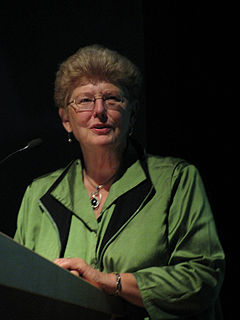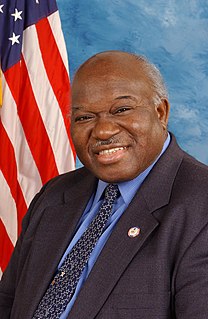A Quote by N. Katherine Hayles
We should not see print and electronic literature as in competition, but rather in conversation. The more voices that join in, the richer the dialogue is likely to be.
Quote Topics
Related Quotes
People are more likely to search for specific books in which they are actively interested and that justify all of that effort of reading them. Electronic images and sounds, however, thrust themselves into people's environments, and the messages are received with little effort. In a sense, people must go after print messages, but electronic messages reach out and touch people. People will expose themselves to information in electronic media that they would never bother to read about in a book.
You have to establish your love. You should feel a hankering for others. Now the competition has to change, the style of competition among Sahaja Yogis. The competition should be how much you love. Who loves more ? Let there be a competition who obliges more, who shares more ? Who loves others more ?
Conformity can be costly in a world of uncertainty which requires innovative institutional creation because no one can know the right path to survival. Over time, the richer the cultural context in terms of providing multiple experimentation and creative competition, the more likely the successful survival of the society
The amplification of our diverse literary voices is a political act of resistance. Our lives are important, too. Our lives should be represented in our literature. And that literature is vital, compelling, and accessible. That literature deserves to be disseminated and noticed and available. And with respect to the dissemination and promotion of diverse voices - librarians, educators, and editors of literary journals play such an important role. They deserve not only a hearty shout out, but also our thanks and support.
In some ways it's hard to see electronic music as a genre because the word "electronic" just refers to how it's made. Hip-hop is electronic music. Most reggae is electronic. Pop is electronic. House music, techno, all these sorts of ostensibly disparate genres are sort of being created with the same equipment.
Rather than make claims of final theories, perhaps we should focus on our ever-continuing dialogue with the universe. It is the dialogue that matters most, not its imagined end. It is the sacred act of inquiry wherein we gently trace the experienced outlines of an ever-greater whole. It is the dialogue that lets the brilliance of the diamond’s infinite facets shine clearly. It is the dialogue that instills within us a power and capacity that is, and always has been, saturated with meaning.

































